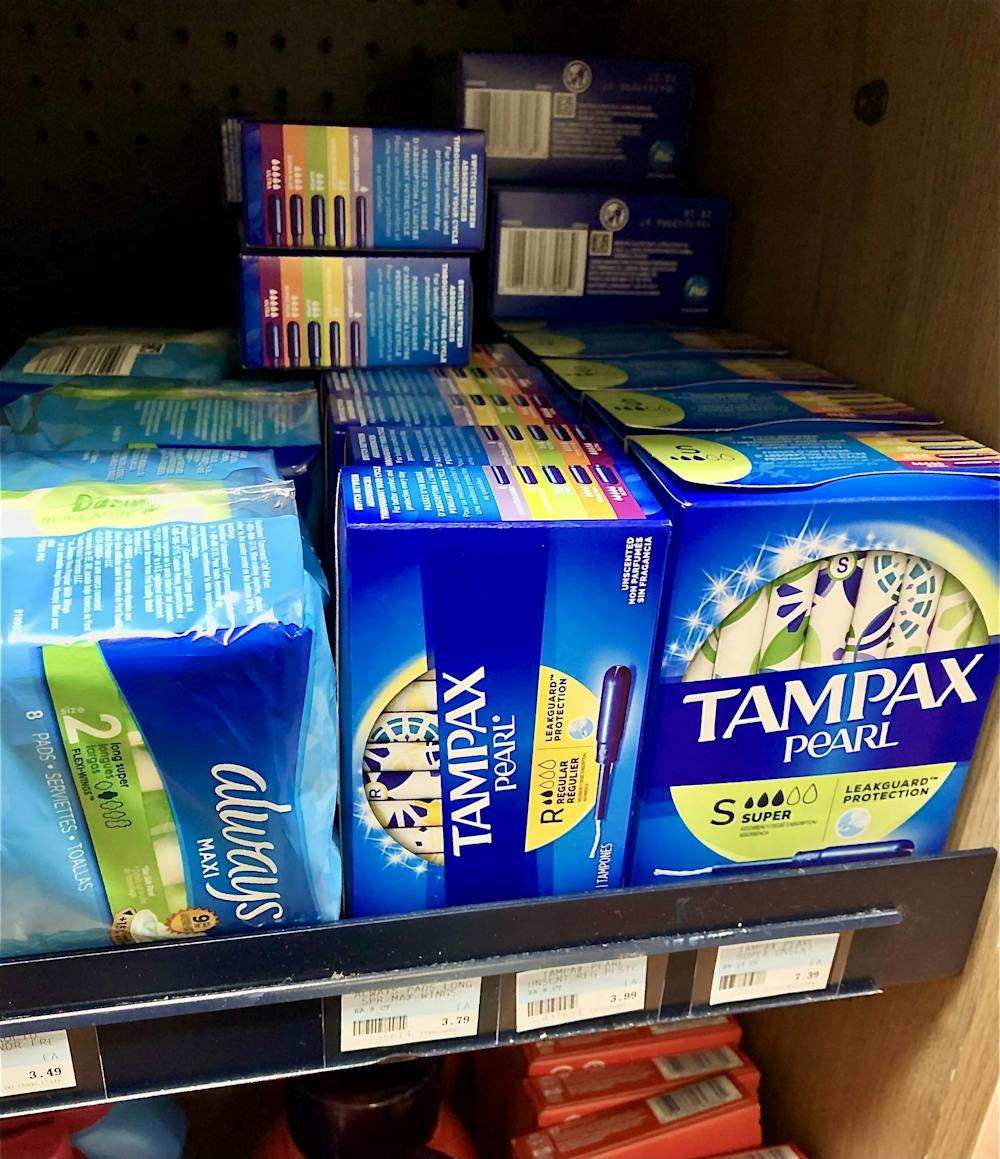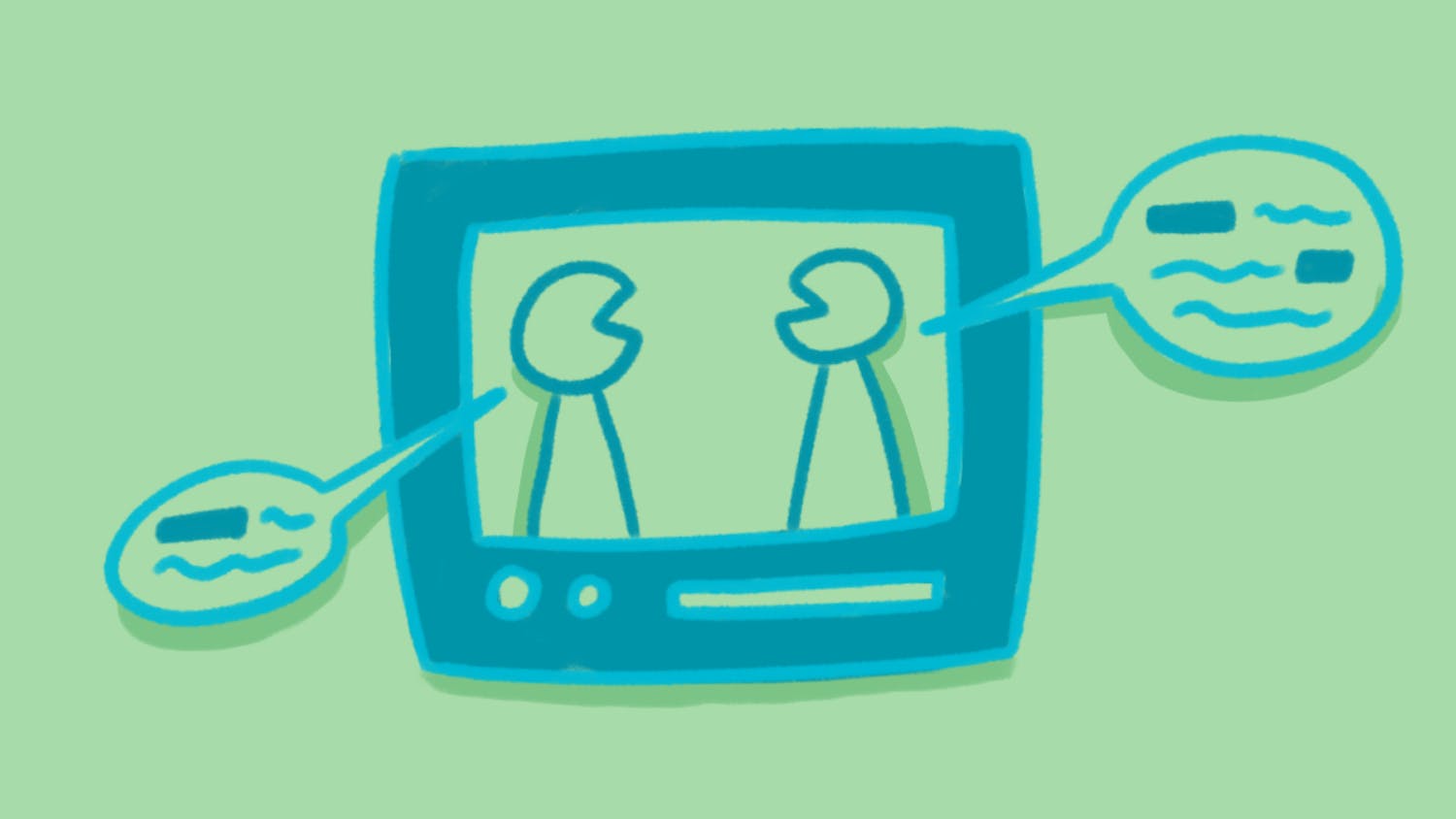Poverty is a well-known state of deprivation with sufficient political, social, and media attention seen on an international level.
“Period poverty”, however, does not foster nearly as much attention.
Period poverty is defined by the American Medical Women’s Association as “the inadequate access to menstrual hygiene tools and educations, including but not limited to sanitary products, washing facilities, and waste management.”
This phenomenon is widespread and can affect all ages of menstruating individuals. Lack of access to period supplies results in students missing school, increased risk of infection due to the use of inadequate products and increased stigma of menstruation.
A study by Kotex reveals that there has been a 36% increase in period poverty since 2018. The increased spread of resources, advocacy, and education will help to eradicate this issue.
Although the effects of period poverty can be seen all over the world, issues that uniquely affect women are often neglected in the United States.
As of 2018, nearly 20% of girls have missed school due to their period and in 2019, 1 in 4 teens in the US missed school due to lack of access to period supplies.
In the same year, 46 percent of female students in public grades 7-12 attended Title I eligible schools.
A 2019 survey of 693 women who attended U.S high schools found that nearly 24 percent were forced to leave school early due to a lack of access to feminine hygiene products and nearly 13 percent reported that they missed school when they were menstruating and couldn’t access supplied.
In Alabama, these concerns have spurred policy development. Representative Rolanda Hollis presented bill HB88in 2021 with the intention to combat period poverty in the state of Alabama by providing free period products in women’s school bathrooms.
The bill will require select Alabama boards of education to provide sanitary napkins and tampons at no cost for students in grades 5-12 starting in the 2022-2023 school year.
Although this bill has passed through Alabama’s Senate, it has yet to be voted upon in the House of Representatives.
Concern surrounding bill HB88 primarily stems from concern that the legislation is an “unfunded mandate” on local districts and takes away from curriculum and instruction budgets. The state's multi-million dollar “General Fund” budget could provide a line item within its’ annual budgeting allocating funds for this bill.
Period poverty is a global health crisis that can be found in every nation, every state, and every community around the world due to the fact that every individual with a functioning uterus is in need of sufficient menstrual products every single month.
To learn more on period poverty and what you can do to help, reach out to al4menstrualequity@gmail.com or visit https://periodauburn.wixsite.com/period-auburn.
Maris Laney and Maddie Gutkowski are seniors studying gloabl studies. Landry Tharp is a senior in theatre.
The opinions expressed in columns and letters represent the views and opinions of their individual authors.
These opinions do not necessarily reflect the Auburn University student body, faculty, administration or Board of Trustees.
Do you like this story? The Plainsman doesn't accept money from tuition or student fees, and we don't charge a subscription fee. But you can donate to support The Plainsman.





